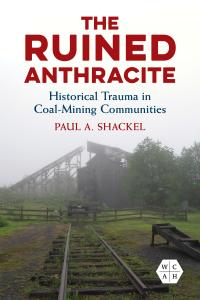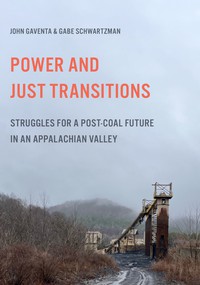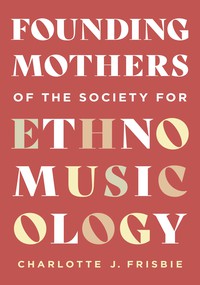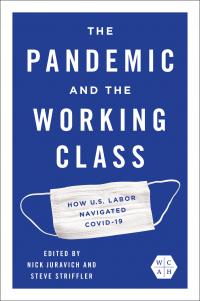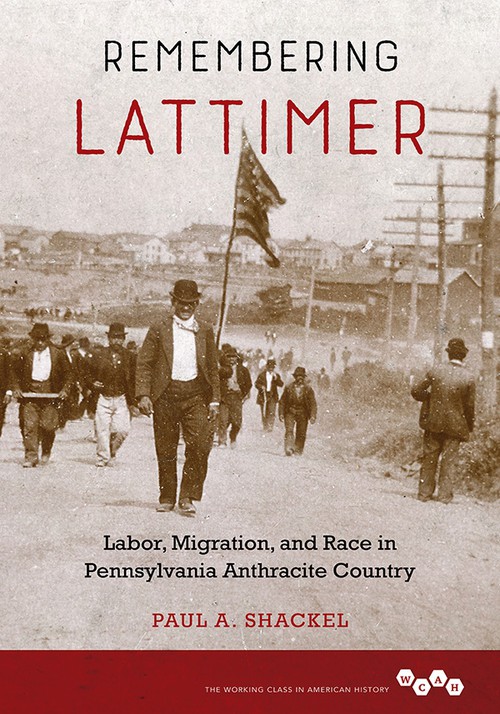
Remembering Lattimer
Cloth: 10/08/2018
About the Book
On September 10, 1897, a group of 400 striking coal miners--workers of Polish, Slovak, and Lithuanian descent or origin--marched on Lattimer, Pennsylvania. There, law enforcement officers fired without warning into the protesters, killing nineteen miners and wounding thirty-eight others. The bloody day quickly faded into history.Paul A. Shackel confronts the legacies and lessons of the Lattimer event. Beginning with a dramatic retelling of the incident, Shackel traces how the violence, and the acquittal of the deputies who perpetrated it, spurred membership in the United Mine Workers. By blending archival and archaeological research with interviews, he weighs how the people living in the region remember--and forget--what happened. Now in positions of power, the descendants of the slain miners have themselves become rabidly anti-union and anti-immigrant as Dominicans and other Latinos change the community. Shackel shows how the social, economic, and political circumstances surrounding historic Lattimer connect in profound ways to the riven communities of today.
Compelling and timely, Remembering Lattimer restores an American tragedy to our public memory.
Reviews
"Shackel's contribution provides a deeply researched discussion about an often-neglected event in labor history." --International Journal of Heritage StudiesBlurbs
"Shackel brings the tools of archaeology, ethnography, and history to bear on an important moment in US labor history to disclose how immigration, labor strife, and racial-ethnic discrimination were and continue to be at play, a long-term perspective informative for addressing these timely issues today."--Robert Paynter, coeditor of Lines That Divide: Historical Archaeologies of Race, Class, and Gender
"This important and timely book uncovers the forgotten history of the Lattimer Strike and massacre, its impact on the history and development of organized labor in the United States, and the enduring legacies of racial and class tensions these events have for the present. The story of the xenophobic exploitation of immigrants and their subsequent central role in the struggle for better working conditions and wages is used to offer a thoughtful and considered intervention into contemporary polarizing debates about immigration and migrant labor. Remembering Lattimer is a statement about the implications of the choices communities and nations alike make to collectively remember and forget, and the importance of breaking long held silences for the insight the past may offer for present and future aspirations for social justice."--Laurajane Smith, coauthor of Heritage, Communities, and Archaeology
